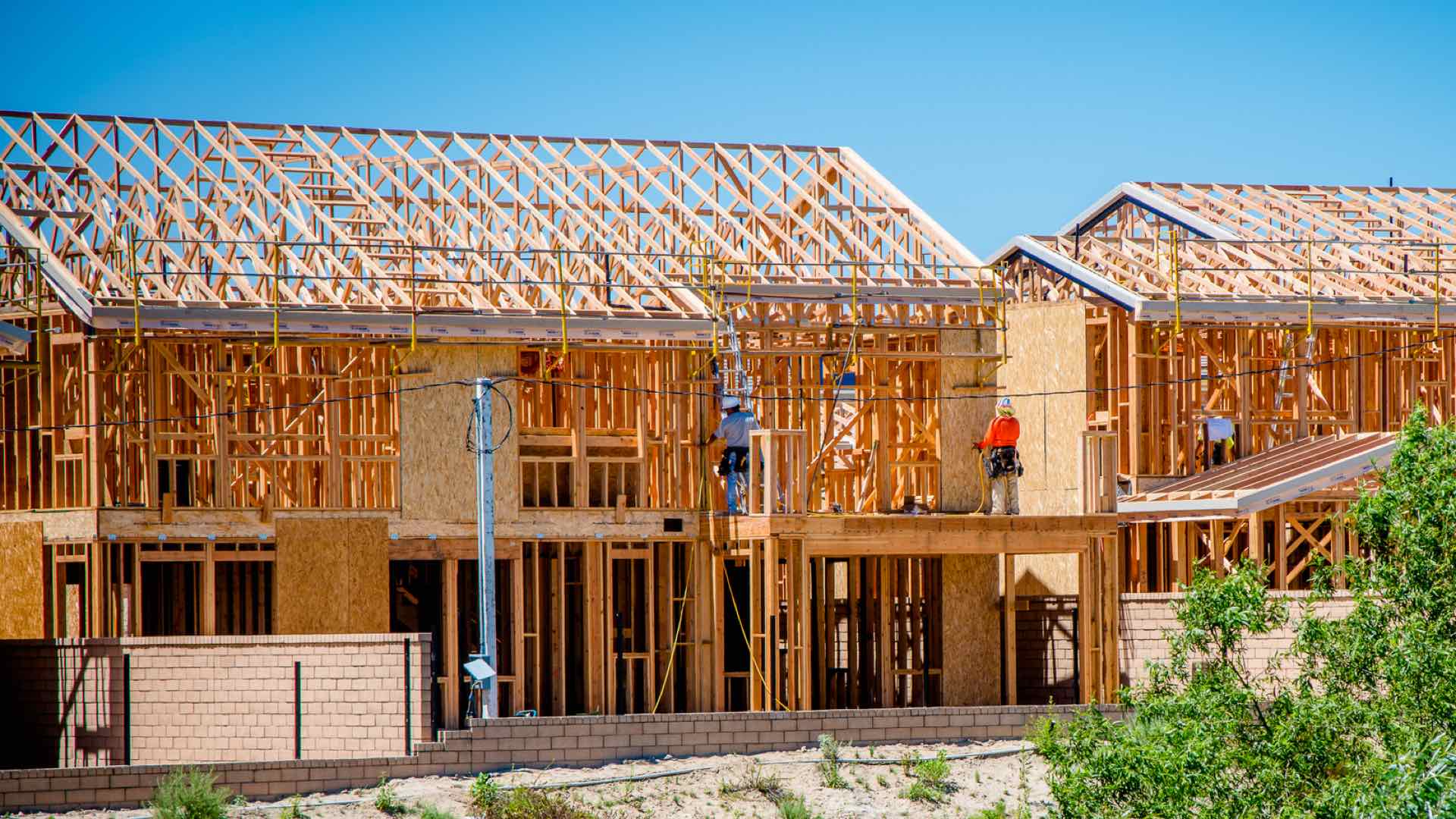

September 14, 2023

For nearly 87 million dog owners in the US, coming home to the welcoming sound of paws padding across the floor and the sight of a wagging tail can make tough days easier. However, rising pet-care costs and the lack of affordable pet-inclusive housing options have made it increasingly difficult for families to keep their dogs. The situation is made even more challenging for those who own breeds that are perceived as aggressive or dangerous, which is why Shannon Glenn founded the nonprofit My Pit Bull is Family.
“One of the top reasons dogs are surrendered is because apartments and home rentals won’t allow them,” Glenn said.
My Pit Bull is Family publishes the largest database of dog-inclusive home rentals and apartments in the US. The nonprofit uses geographic information system (GIS) technology to manage its data and investigate pet-related laws, trends, and resources nationwide.
“There are so many moving variables when it comes to pet ownership around the country, and to really start having these big-picture conversations to direct our pet advocacy work, we needed to be able to see our data on a map,” Glenn said.
My Pit Bull is Family started as a bumper-sticker campaign in 2011 when a Minneapolis lessor realized her properties were among the few in the city that allowed pit bull terriers and similar dogs. “The idea was if even just 100 people saw your car every day with the message ‘my pit bull is family,’ it could help break some stereotypes on who those dogs are and who owns them,” Glenn said.
Early on, Glenn recognized that “pet-friendly” housing didn’t always mean “pet inclusive”—allowing all pets regardless of breed or size—since many rentals had restrictions. The organization initially put together a list of pet-inclusive rentals, but website visitors found it time-consuming to scroll through the growing list.
Then Tiffany Wu, a passionate dog owner and longtime rescue volunteer, joined the nonprofit in 2020 as its GIS director. She immediately simplified the data collection process for the volunteer team that researches pet-inclusive properties—those without weight or breed restrictions. Next, Wu cleaned the data and put new listings on a public-facing map.
The My Pit Bull is Family dog-inclusive national housing database now includes more than 700 rental listings and over 10,000 total data points in the Rental Research Dashboard, which displays all the research collected over the years.
Wu also created a survey form using ArcGIS Survey123 to allow anyone to suggest updates or add pet-inclusive housing options. The number of people who have filled out the crowdsourcing survey has doubled since January, and 50 new pet-inclusive rentals have been added.
“To put this into perspective, 50 new listings are the equivalent of three to four months of work from our volunteers, as many of the properties they find are not dog inclusive,” said Wu. “The survey was a game changer for us because now landlords or people who know of properties from experience can share them.”
As part of their research on weight and breed restrictions, volunteers collected additional information about rental policies, such as limits to the number of pets and any associated fees. Wu created a Rental Research Dashboard so that pet owners who rent can learn about policies in their location as well as trends across the United States.
Studies from the Centers for Disease Control and Prevention show that pet owners have lower blood pressure and cholesterol and enjoy characteristics of better mental health, such as decreased anxiety and loneliness and fewer post-traumatic stress disorder (PTSD) symptoms. With these kinds of benefits, it is unsurprising that the American Society for Prevention of Cruelty to Animals found that one in five US families adopted a pet during the pandemic.
Many of these new pet owners were likely surprised to learn that all breeds aren’t treated equally. Owners of dogs such as the American pit bull terrier, the American Staffordshire terrier, and the Staffordshire bull terrier commonly face higher insurance rates, whether they rent or own a home.
Pet owners who can’t find a rental may feel compelled to buy a home. “But the reality is that their homeowner’s insurance [agent] can also refuse to issue a policy, increase the premium, or cancel their policy because of the type of dog they have,” Glenn said.
This is why the group began collecting data on pet legislation in 2021 that supports eliminating breed-specific pet policies, fees, and laws. Wu created the Legislative Tracking Dashboard to track over 20 bills nationwide. My Pit Bull is Family’s data has been used to persuade legislators in Minnesota to support a law preventing insurers from increasing premiums on, canceling, or limiting home insurance policies based solely on the breed of dog.
Glenn also used the data to testify in support of an Illinois bill to remove breed and weight restrictions in public housing. The bill ultimately passed, albeit with an amended 50-pound weight restriction. Glenn still described it as a “huge win and something we would not have been able to do until now, thanks to how easy it was to pull that data,” Glenn said.
Data-driven maps and dashboards have helped the organization reach its goal—keeping people and pets together—”by making it easier for people to grasp and use that information in their daily lives,” Wu said.
A future goal for Wu and Glenn is to use GIS-based digital storytelling tools to share maps and stories about those they’ve helped. “It’s beautiful to know that folks used our website to find a home,” Glenn said.
The pair also plan to map pet care and pet food deserts, track pet care costs, and map where pet-inclusive rentals intersect with affordable housing.
“We know dashboards and data are critical to making sure pets stay with their people,” Glenn said. “If we can break these challenges down into bite-size pieces through mapping, that could help solve big-picture pet ownership challenges around the country.”
Learn more about how GIS helps communities design and provide affordable and equitable housing. Esri supports a network of nonprofit organizations that are using GIS to create a more just, healthy, and prosperous world where everyone can thrive.


